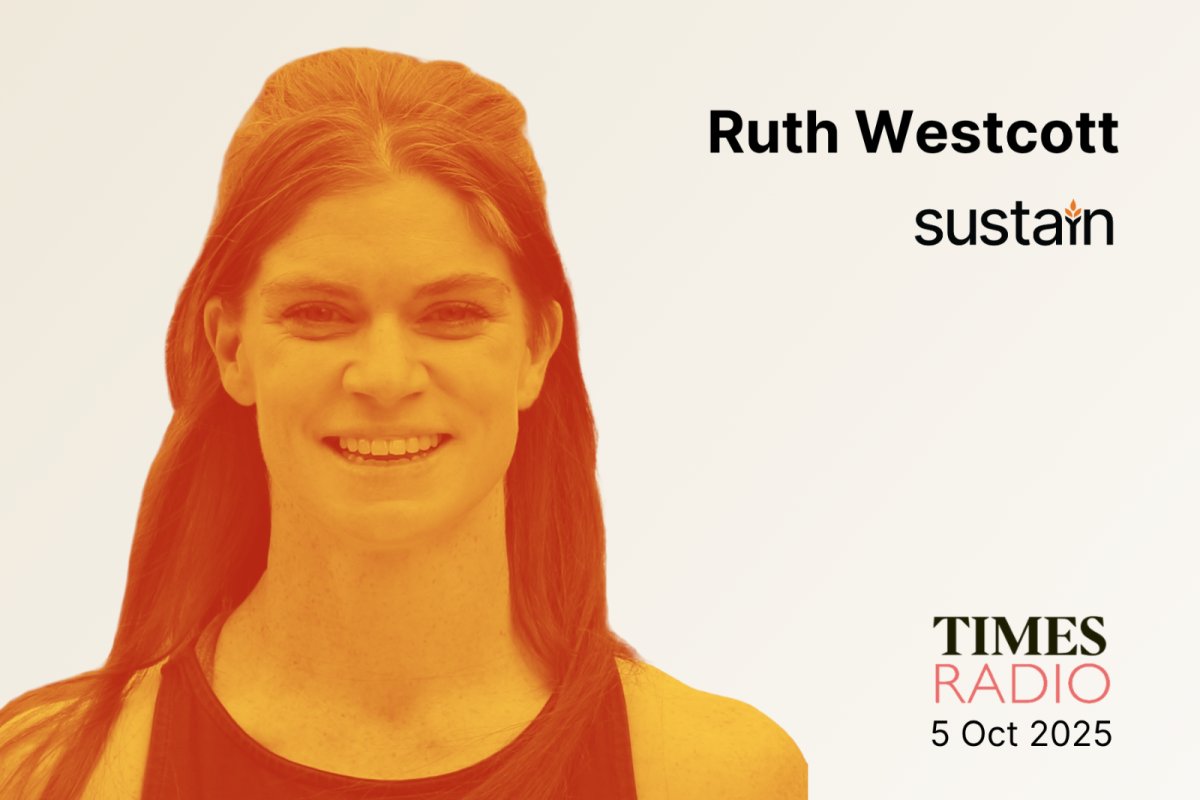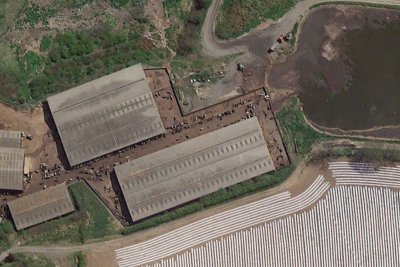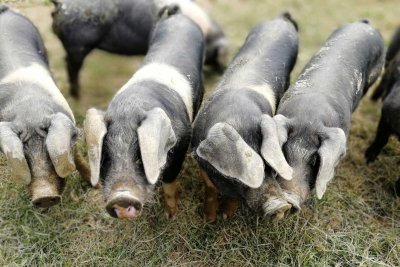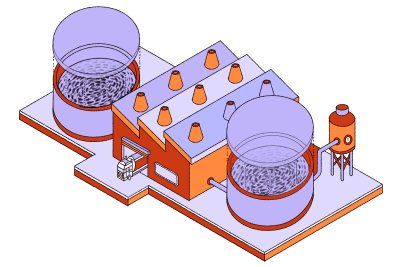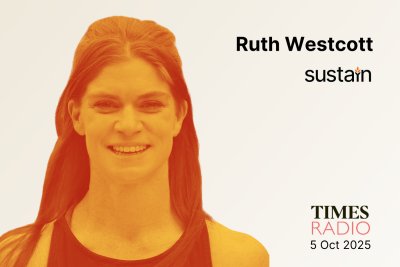 Video
Video
Recommendations from the latest EAT-Lancet report could save up to 15 million premature deaths each year with planet-friendly diets that are high in fruit and veg but low in meat and dairy.
But within a context of inflation, with food prices up nearly 5%, how can this report help the UK eat more healthily and affordably? This was the question put to Ruth Westcott by presenter and host Alexis Conran on Times Radio.
Listen to extract above, read transcipt below, or catch up with full interview here from 02.40.00
Ruth Westcott (RW):
It's the second time that the world's leading experts on diet, climate change and health have come together to release what's called the Eat Lancet report. And it's fair to say that they didn't hold back. They said, globally, our diets, especially the fact that we're eating too much meat and dairy, are leading us into a health crisis. They predicted that globally, we could be saving 15 million premature deaths by just having moderate changes in our diet, which would mean that we were eating more fiber, more fruit and veg, more pulses and more nuts and cutting down on meat.
In the UK, we're eating much more meat daily on average than is recommended for our health. And that's causing preventable diseases like cancer, type 2 diabetes and cardiovascular disease. And with making relatively moderate changes, we could reduce those impacts on our health and on the NHS.
Alexis Conran (AC): "Now, of course, price is very much a key driver in what people choose to eat. And it was only, I think, last week we were talking about how actually the price of beef have been rising steadily by quite some amount. But for many people, every time we talk about this, the question of, in order to eat healthily, it actually costs more. And it is true that ultra-processed foods and foods that are generally not great for our health are sometimes more competitively priced. So how do we get round that?"
RW:
“I mean, we've all been there, right? We've all been on the high street, felt hungry and popped in to a shop for a snack and found that to try to eat food which is healthier or more sustainable, it costs more money. For example, if you're going to a famous fast food shop with the golden arches and you want to eat the vegetable burger, it's going to cost you £4.99. If you want to eat a double cheese, a triple cheeseburger is £3.49. Now, in that context, it's not being made easy for people to eat healthy and sustainable choices.It's natural for people to eat something which is unhealthy or unsustainable, or in this case, both.
But the good news is there's plenty that we could do about it. First of all, businesses could say today, we're going to start taking more responsibility for people's diets. We're going to make sure that healthy and sustainable food is always cheaper and always more available and always more accessible and well marketed."
AC: "Do we need governments to step in and say, look, we are going to have to go along the route of what we've seen with the tobacco industry, perhaps the alcohol industry. We're going to have to fine you if you're not going to produce or tax you, I should say, is probably a more accurate term like we saw with the sugar tax, that ultra processed foods are going to be higher tax."
RW:
“The tax on sugary sweetened drinks came in roughly 10 years ago and the data is there that it's had a huge impact. So it shows that when better choices are more affordable and they're marketed and promoted well, people will make good choices. So there's loads we can learn there about how we can make the food system as a whole more healthy and more sustainable.
The government needs to step in and that's exactly what this report recommends. The good news is there's two very easy things that the government could be doing right now.
The first thing is making sure that all the food that's served across the public sector is healthy and sustainable. The taxpayer spends millions of pounds every day on food for schools, hospitals, care homes, prisons and the military, but at the moment, that's not reflecting a healthy and sustainable diet. Public sector money is being spent on exacerbating the problems in our diets and the food system, which are making us more unhealthy and driving a crisis, a planetary crisis, when it could be doing the opposite.
And secondly, it could be buying from farmers in the UK that are operating more sustainably, so we could be supporting rural communities as well. That would require law from government to make it mandatory for food in the public sector to be sustainable. In Brazil, for example, 30% of all the food that's served in schools needs to be bought by law from local family farmers. you're supporting the rural economy through the public sector. Why don't we do that?
Labour actually promised to do that in the manifesto for the last election. They could be doing that now. Why haven't they brought forward those laws yet?"
AC: "Well, do you know what? It's a question that we will put to the appropriate minister when we get the chance. In fact, I'll try and make sure that we get the chance because this is our food news section. So we'll try and get an answer to that. Ruth, thank you so much. It makes perfect sense what you just said there."
Sustain: Sustain The alliance for better food and farming advocates food and agriculture policies and practices that enhance the health and welfare of people and animals, improve the working and living environment, enrich society and culture and promote equity.
